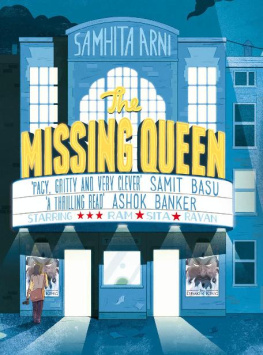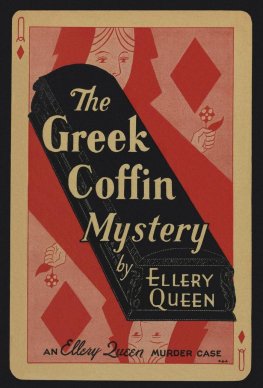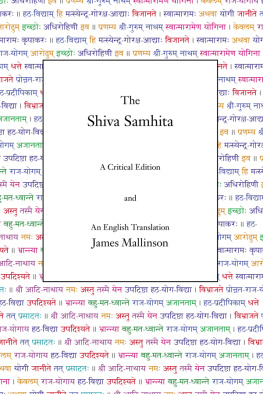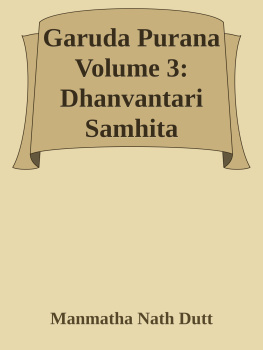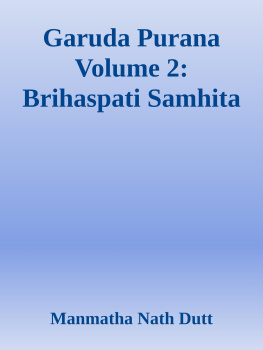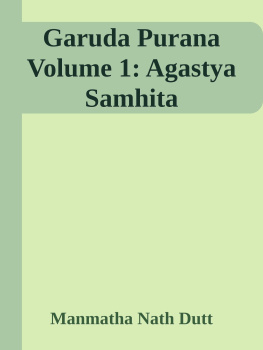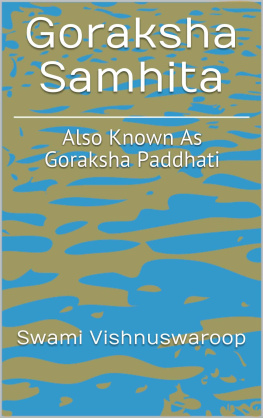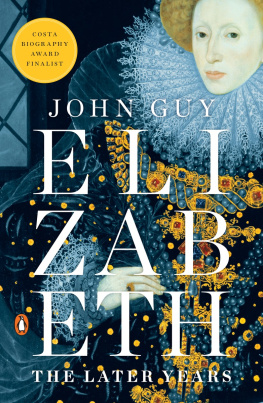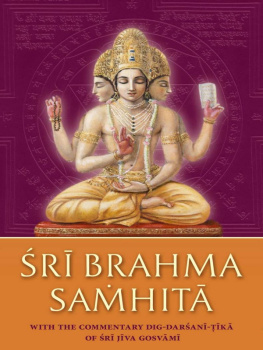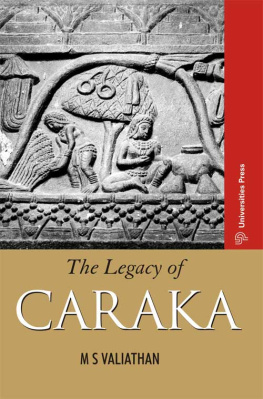
ZUBAAN
128 B, 1 st Floor, Shahpur Jat, New Delhi 110 049, India
in collaboration with
VIKING
Published by the Penguin Group
Penguin Books India Pvt. Ltd, 11 Community Centre, Panchsheel Park, New Delhi 110 017,
India
Penguin Group (USA) Inc., 375 Hudson Street, New York, New York 10014, USA
Penguin Group (Canada), 90 Eglinton Avenue East, Suite 700, Toronto,
Ontario M4P 2Y3, Canada (a division of Pearson Penguin Canada Inc.)
Penguin Books Ltd, 80 Strand, London WC2R 0RL, England
Penguin Ireland, 25 St Stephens Green, Dublin 2, Ireland (a division of Penguin Books Ltd)
Penguin Group (Australia), 707 Collins Street, Melbourne, Victoria 3008, Australia
(a division of Pearson Australia Group Pty Ltd)
Penguin Group (NZ), 67 Apollo Drive, Rosedale, Auckland 0632, New Zealand
(a division of Pearson New Zealand Ltd)
Penguin Group (South Africa) (Pty) Ltd, 24 Sturdee Avenue, Rosebank, Johannesburg
2196, South Africa
Penguin Books Ltd, Registered Offi ces: 80 Strand, London WC2R 0RL, England
First published by Penguin Books India and Zubaan Books 2013
Copyright Samhita Arni 2013
All rights reserved
10 9 8 7 6 5 4 3 2 1
eBook ISBN: 9789383074440
Print source ISBN: 9789381017647
This eBook is DRM-free.
This is a work of fi ction. All situations, incidents, dialogue and characters, based on some well-known mythological fi gures, mentioned in this book, are products of the authors imagination and are not to be construed as real. They are not intended to depict actual events or gods or to change the entirely fi ctional nature of the work. In all other respects, any resemblance to persons living or dead is entirely coincidental.
Typeset in Mercury Display by Jojy Philip, New Delhi
Printed at Anubha Printers, Noida
This book is sold subject to the condition that it shall not, by way of trade or otherwise, be lent, resold, hired out, or otherwise circulated without the publishers prior written consent in any form of binding or cover other than that in which it is published and without a similar condition including this condition being imposed on the subsequent purchaser and without limiting the rights under copyright reserved above, no part of this publication may be reproduced, stored in or introduced into a retrieval system, or transmitted in any form or by any means (electronic, mechanical, photocopying, recording or otherwise), without the prior written permission of both the copyright owner and the above-mentioned publisher of this book.
CONTENTS
For all the readers of my first two books: for asking the
questions youve asked me all these years.
I hope that you find that this book explores some
of those questions.
Prologue
I t is already dark when I am ushered into her private parlour. She is barely visible, shrouded in shadows. She moves and the shadows slither away, unwrapping her desiccated frame.
I prefer the darkness, she says. In ones old age, darkness is far kinder than light. She is dressed impeccably fashionable in a classic black chiffon sari, a simple strand of pearls clasped around her neck. But her sagging flesh and heavily rouged face speaks another, sadder story.
I begin with the clichd list of questions I have prepared. She yawns, bored, and answers politely. But at some point, a question provokes a livelier response. She rises and walks towards the windows, posture erect and graceful despite her age.
She pauses at an open window and lights a cigarette. The moon glints in the sky. The city was burning that night, she says loudly, grandly. The night he returned. He had a heros welcome. While I I was less fortunate. The people were in high spirits that night, and someone flung a Molotov cocktail into my dining room. I had moved out of the palace a while back, and was living in the city. The house caught fire, and my maid, poor Mantara, tried to put out the flames but burnt miserably, horribly, to death.
She pauses, and inhales deeply. Clouds of cigarette smoke waft out of the open window, as burning ash drifts to the ground. I got the message loud and clear I wasnt wanted in Ayodhya any longer. So I moved here. My childhood home. She gestures to the walls around us.
Heads of extinct beasts, killed in hunting, are mounted on the walls. Grand carpets cover the floor from faraway Turkey and Persia. Grand, but if one kneels down, one can see the tassels are frayed, the carpet moth-eaten. Suits of armour, rusting in the dark corners of the room, creak as the northern wind gusts in.
It is different from what I had expected. Here I am, face to face with the demoness who haunted my childhood. We had all been raised on tales that spoke of the evil nature of Queen Kaikeyi, who had ruled with an iron fist in the last years of Dasarathas life, whose cruel influence continued through Bharats proxy reign. My parents had welcomed her stepson Ram with relief, straining against her totalitarian rule.
Yet now I wonder. She isnt a ghastly nightmare. She is a sad old woman, still angry. Pathetically human. Something in me stirs, despite the tales that I have heard. I find myself wondering was it really like what I had been told? What was her side of the story?
No ones asked me that before. Theres been a deluge of reporters in this house since then, but theyve never been interested. Theyve always only wanted the malicious, vindictive queen, Kaikeyi. She cackles, her brilliant, polished white teeth glimmering. A hint of the truth is there, in your textbooks and newspapers. Thats what the media does sells you a puzzle of truth and lies packaged together nicely, and you are none the wiser. The media chooses what it wants to tell you, and in Ayodhya the media is hand in glove with the government.
I offer a faint protest.
She smiles mockingly. Thats right, I forgot, you work for a newspaper. The Ayodhya Times or the Ayodhya Daily ? Not that it matters: theyre all the same. She pauses. Youll go back and write that piece, like all the other reporters, like Valmiki, painting me as some beguiling siren who ruined Dasaratha and Ayodhya. Sex, revenge, jealousy, vindictiveness it will all be there Her voice rises. But do you want the truth?
Her words echo and crash against the ancient walls, repeating and colliding. Dasaratha was a far cry from the powerful monarch you imagine him to be. He was a weak, erratic man. Yes, he was impotent! Why do you think he had to visit that rishi? For a cure! It was only after that we, all his queens, bore children. He could barely make a decision it was I who had to guide him! Me! And even in war, I had to be there. Strategizing, whispering orders to him, to relay to his troops. I was there check your archives. They called me the charioteer queen, like the queens of old who drove their husbands into battle. I saved his life once, when he was wounded by enemy fire, and took him to a safe place. He owed me his life. And I called in that favour; I wanted my son Bharat to rule instead of Ram. Can you blame me?
She turns to face me, her gleaming eyes the only source of light in her shadowed face. I wanted to create the Ayodhya that I dreamed about, a nation unlike any other that existed in India. I was born a woman, but I am more man than my husband ever was! And it stings to know that I was better at his job that he ever could be. I never got any of the credit, I only get blame and recrimination. Because Im a woman. Youre a woman too, dont you feel this?



